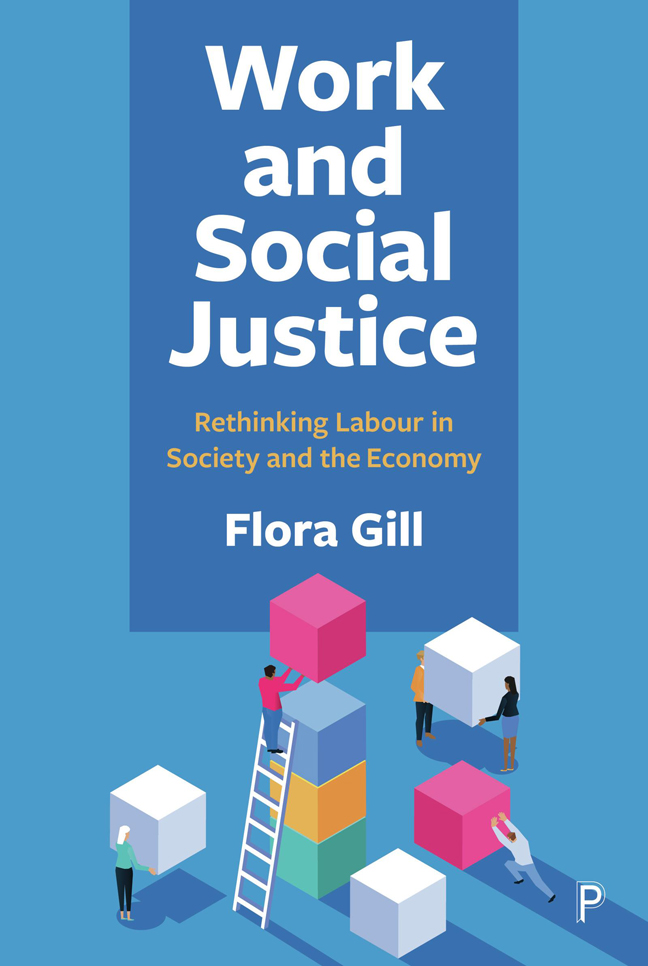4 - Paid work through the lens of economics
Published online by Cambridge University Press: 23 January 2024
Summary
Introduction
Paid work affects our wellbeing in more than one way. Meaningful work, which makes use of our capabilities as creative and resourceful human beings who like the opportunity to rise to a challenge, enhances our wellbeing far beyond the contribution of our paycheque. But, as psychologists and medical scholars inform us, at the same time tedious jobs that demand relentless repetition of simple tasks, and oppressive workplace power structures, end up undermining both our emotional and physical wellbeing. The intellectual framework of the sub-discipline of labour economics does not attend to these less tangible yet significant aspects of paid work. Its attention remains largely focused on the attributes that set the labour market apart from other markets. Still, though limited in scope as far as the meaning of paid work is concerned, labour economics has made quite a few salient analytical contributions.
Labour economists have thrown light on many of the factors that inhibit the capacity of employees to move across workplaces, particularly from one occupational market to another. They also shed light on factors that inhibit movement across geographical areas, particularly when this entails relocation of a whole household. The profession has also paid serious attention to gender, race and ethnicity-based discrimination. As well, labour economists have interrogated the uneven bargaining power between workers and employers and highlighted quite positive overall economic impact of trade unions within the market economy. This having been said, it is also true that trade unions shouldn't all be given ‘carte blanche’, because as the well-known labour economist George E. Johnson noted, in the US the spectrum of various trade unions ranges from ‘gangster unions … [to] social uplift unions which pursue policies which promote the general welfare of the working class as opposed to the narrow interest of their members’ (Johnson, 1985). This chapter narrates the story of the historical evolution of the intellectual perspective that economics nowadays has on the meaning of, and the role played by, paid work in our lives.
Adam Smith
Adam Smith (1723– 1790) who is widely acknowledged as the father of economics, certainly stressed the virtues of free market competition. But he did not lose sight of the downside of a laissez faire market system.
- Type
- Chapter
- Information
- Work and Social JusticeRethinking Labour in Society and the Economy, pp. 25 - 32Publisher: Bristol University PressPrint publication year: 2023

